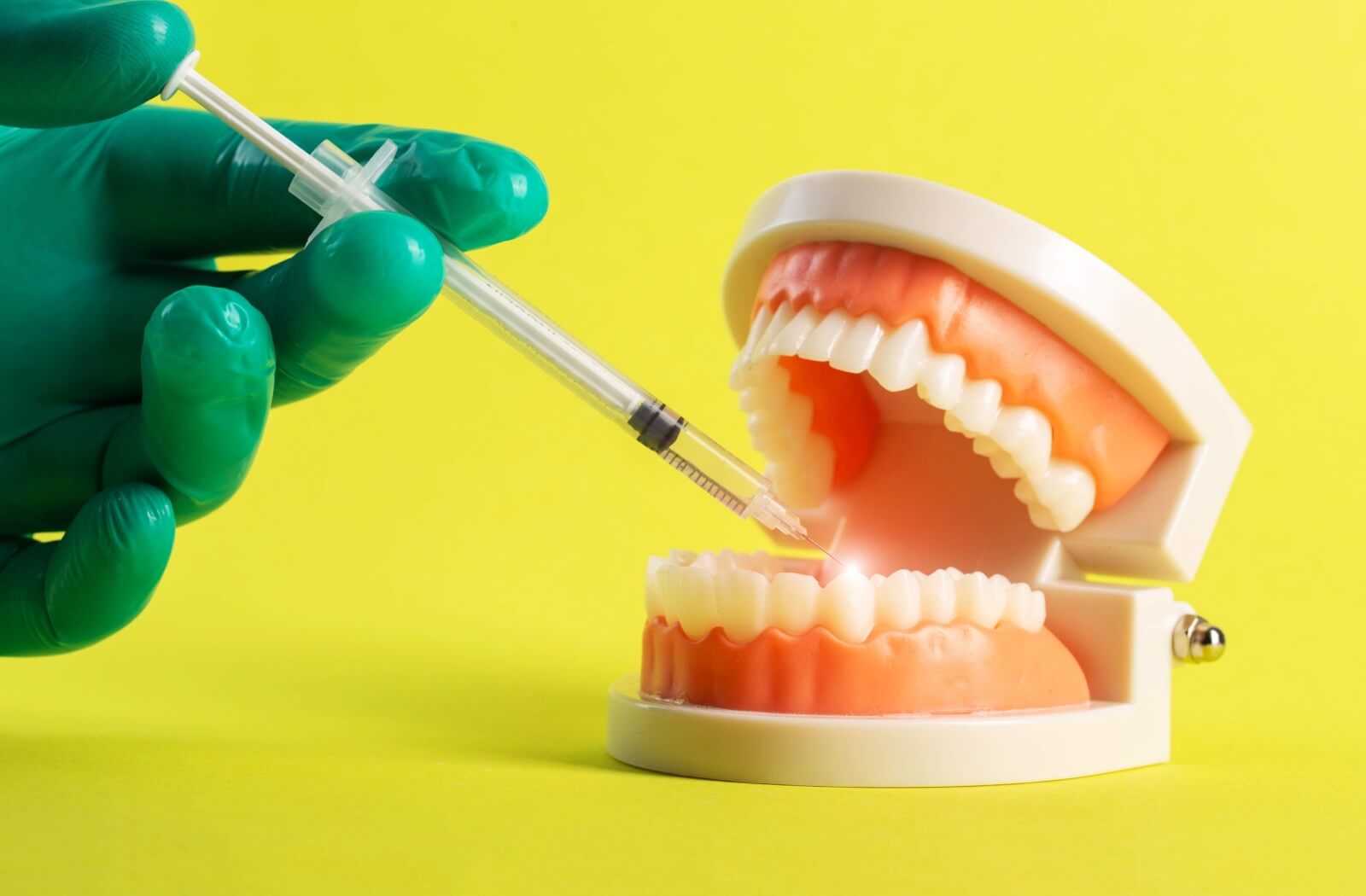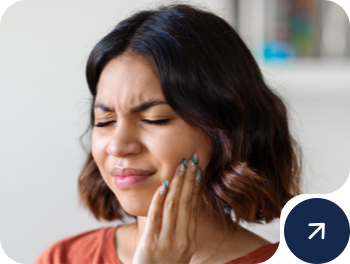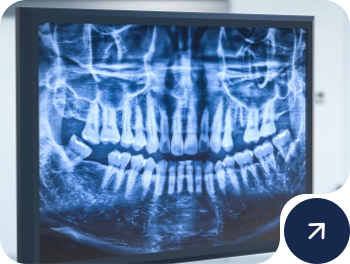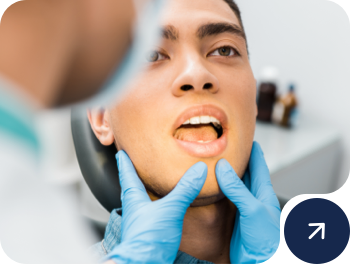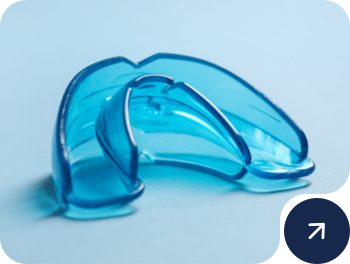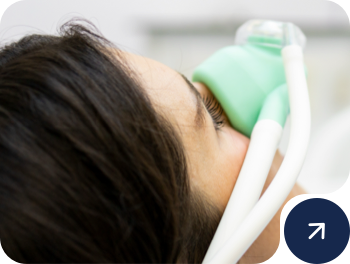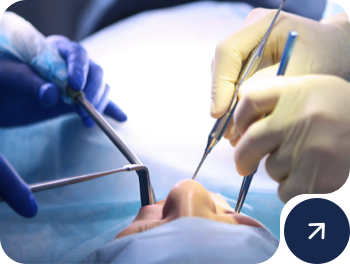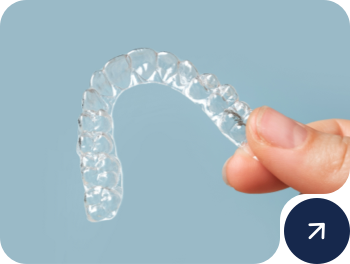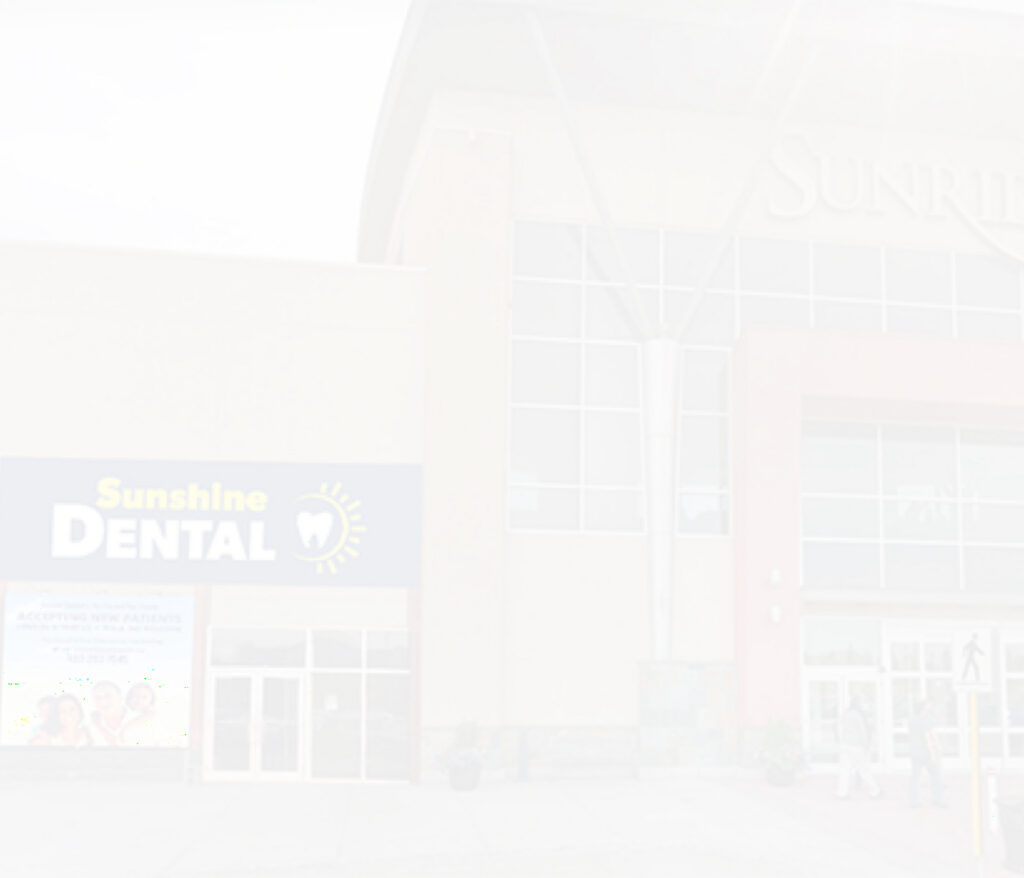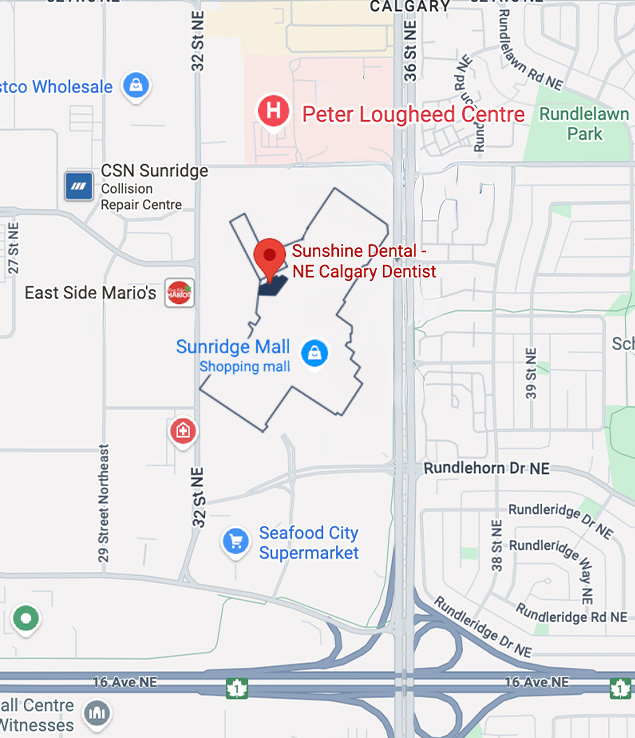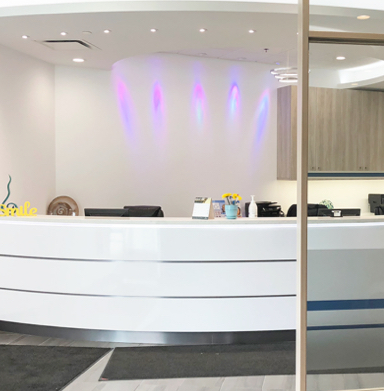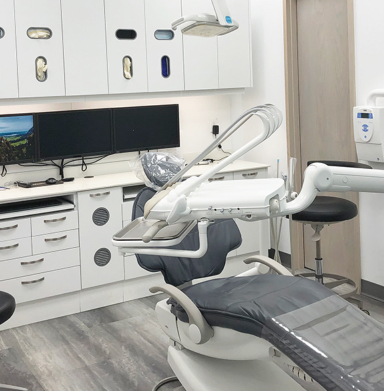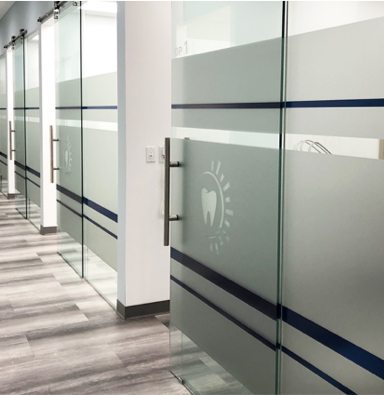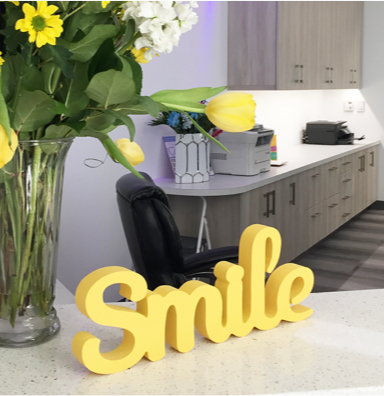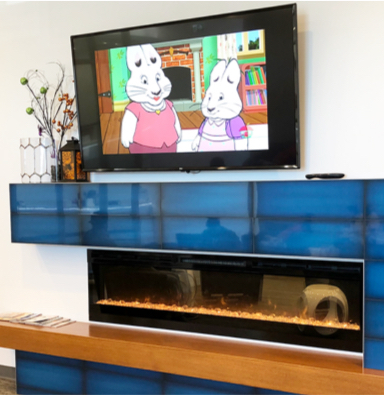Dental procedures require focus and precision. Dental freezing is one way we can help make these procedures more comfortable!
Local anesthesia is a safe and routine part of many dental visits.
You can generally expect to regain full sensation, allowing you to eat and speak normally, within a few hours. However, your experience can differ based on various factors, including your body’s individual response and the anesthetic used.
Knowing what to expect with this common resource can help you feel more relaxed, prepared, and ready for your next appointment.
Today, we’re sharing everything you need to know about dental freezing, including how long it can last, why it works the way it does, and when to call your dentist if you have concerns.
What Is Dental Freezing?
Dental freezing, also known as local anesthesia, is a technique many dentists use to temporarily numb a specific area of your mouth, effectively blocking nerve signals from reaching your brain during treatment.
Freezing is a tool that helps us keep you comfortable throughout your procedure, whether we’re performing a filling, tooth extraction, or any other type of dental work. Knowing you feel relaxed allows your dentist to focus on their work with precision.
How Long Does the Numbness Last?
When your dentist administers the anesthetic, you’ll notice a gradual numbness in the targeted area. It often starts with a slight tingling or warm sensation before the full numbing sets in.
Once the anesthetic is working, you won’t feel discomfort, but you may notice pressure or movement during your procedure. Sensations like these are completely normal and temporary.
The duration of dental freezing depends on several factors, including:
- The type of anesthetic we use
- Your body’s metabolism
- The area where the anesthetic was given
Everyone experiences freezing slightly differently. While many people experience a few hours of numbing sensations, you may find the sensation wears off more quickly or lingers longer.
It’s also worth mentioning that certain dental procedures might require longer-lasting anesthetics. For more intensive procedures, your dentist may use anesthetics that maintain numbness for up to 8 hours.
Your dentist will select an appropriate anesthetic type that aligns with your needs.

Why Does It Take Time to Wear Off?
Your dentist carefully injects local anesthetic into the targeted area. The anesthetic temporarily blocks nerve signals, so until your body metabolizes it fully, you’ll experience a numbing effect. Your age and weight also influence how quickly your body processes the freezing.
Rest assured, it’s perfectly normal for dental freezing to take time to wear off. Experiencing numbness after your appointment is a good sign! It means the anesthetic is doing its job to help keep you comfortable.
Tips to Manage Numbness After Dental Freezing
Although the numbness isn’t harmful, you may notice it feels unusual to eat, drink, or speak clearly right after your dental procedure.
While you wait for the freezing to wear off, here are some helpful tips to manage the numbing effects:
- Protect your cheeks & tongue by eating or drinking carefully
- It’s easy to accidentally bite your cheek or tongue while your mouth is numb, so take it slow!
- Wait to eat solid foods or drink hot liquids
- Avoid eating solid or hot foods & hot drinks until the freezing wears off to prevent burns or other injuries
- Stay patient & drink water
- The numbness will naturally dissipate as the anesthetic wears off, but staying hydrated can help speed up the process
As the numbing fades, it’s normal to experience slight discomfort or soreness around the treatment area. It usually resolves within a few hours, but you can take over-the-counter pain medication for extra relief.
When Should You Contact Your Dentist?
Although it’s rare, there are cases when it’s a good idea to contact your dentist after receiving dental freezing. You should reach out if:
- The numbness lasts significantly longer than expected (6–8+ hours)
- You feel increasing discomfort once the freezing wears off
- You experience swelling, redness, or itching near the injection site
Your comfort and well-being are our top priorities at Sunshine Dental. So, please don’t hesitate to contact our team if you have any questions or concerns post-treatment. We’re always happy to help you protect your smile.


